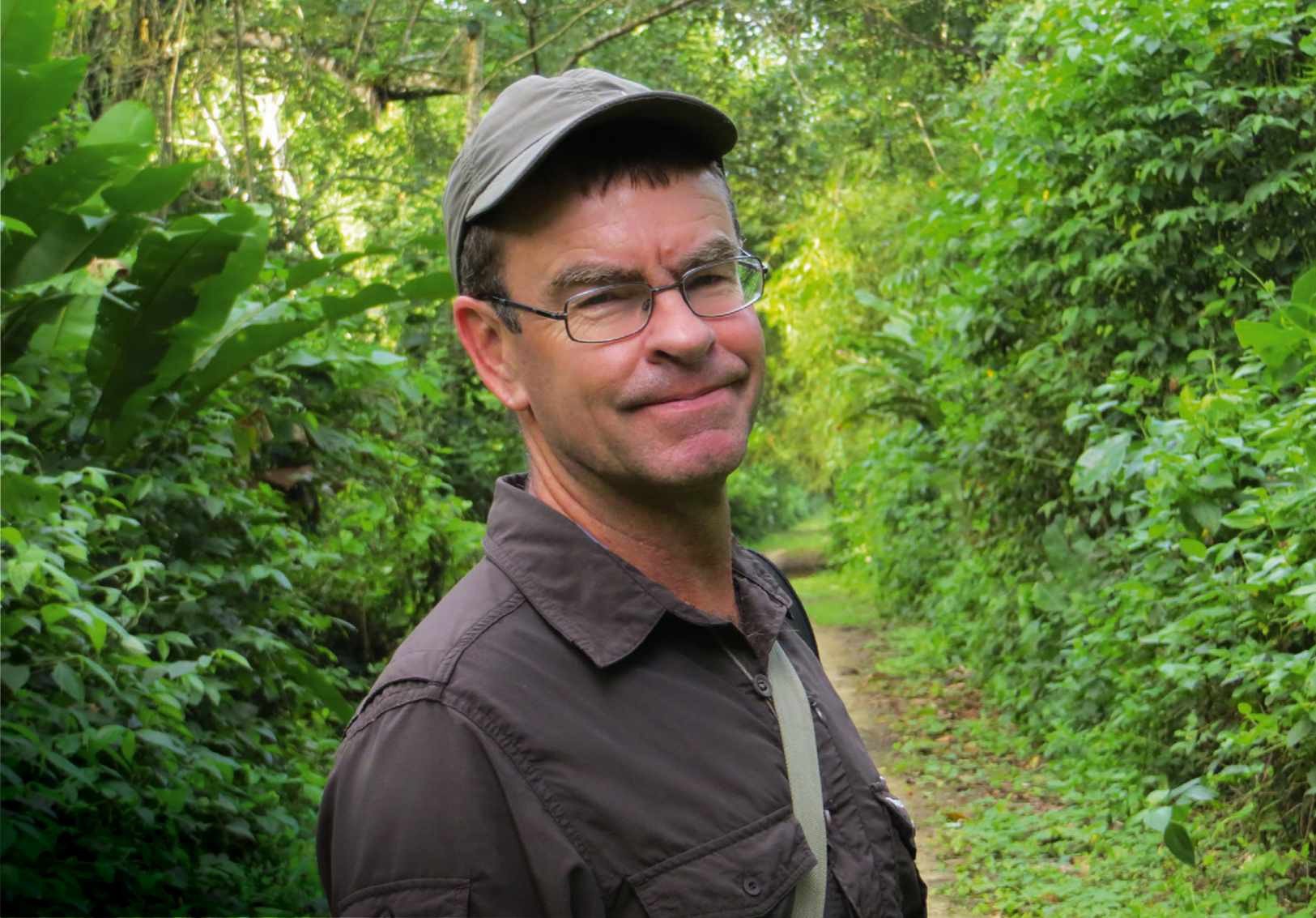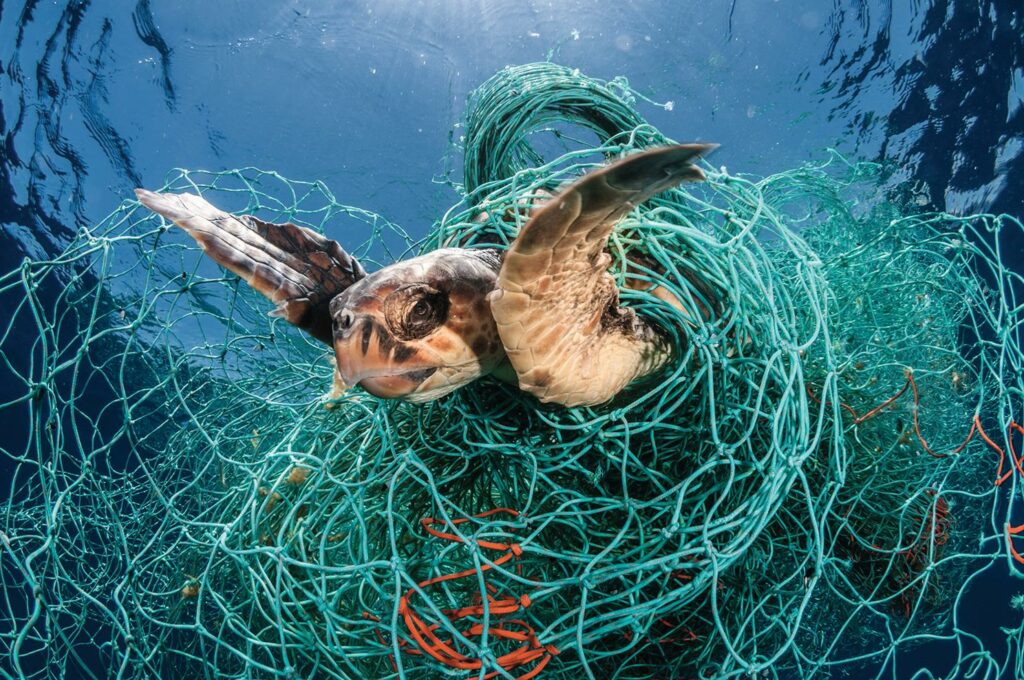MEET THE SCIENTIST
Mark Wright
Director of science at WWF on the Living Planet Report 2022 and what it means for wildlife

MARK WRIGHT FINDS IT HARD TO IMAGINE WHY anyone wouldn’t be interested in the natural world: “Nature allows us to simply ‘be’,” he says. Having spent 15 years overseas on development and conservation projects, in his current role as WWF’s director of science, he focuses on the importance of using evidence to take people on a journey: “There are millions of species on this planet and every single one of them has its own story to tell.”
“The latest Living Planet Report reveals that not enough is being done to avert the risk of climate change, slow the depletion of nature, and give it time and space to recover,” he states. “The size of global wildlife populations has plummeted by 69 per cent on average since 1970.” The report is a study of trends in global biodiversity and the health of our planet and is primarily a collation of the work of thousands of researchers around the world. It features the Living Planet Index (one measure of the state of the world’s biological diversity), which is curated by ZSL experts.
“It is critical to protect the planet’s natural systems, not just for their own sake but also because they underpin so much of what we take for granted – stable weather systems, productive soils for crop production, water for people, farming and business – the list goes on,” he says. The scientist stresses how important it is to stop the long-term trend of decision-makers reneging on their commitments to the environment.

“Sadly, we have known for decades what is driving these declines and therefore what needs to be done. There are two key culprits: degradation of habitats – much of which is driven by the way we produce food – and over-exploitation.”
Mark declares that we need to stop these directly (by preventing rampant deforestation, for example) or indirectly (by removing the vast levels of subsidies that encourage destructive practices, for instance).
“We need to better understand the impact of our choices to make the best decisions for the environment – of where there may be positive interactions, such as planting biodiversity-friendly mixed woodland that soaks up carbon, but also where there might be negative trade-offs, for example, if those same woodlands are planted on agricultural land, impacting options for growing food.”